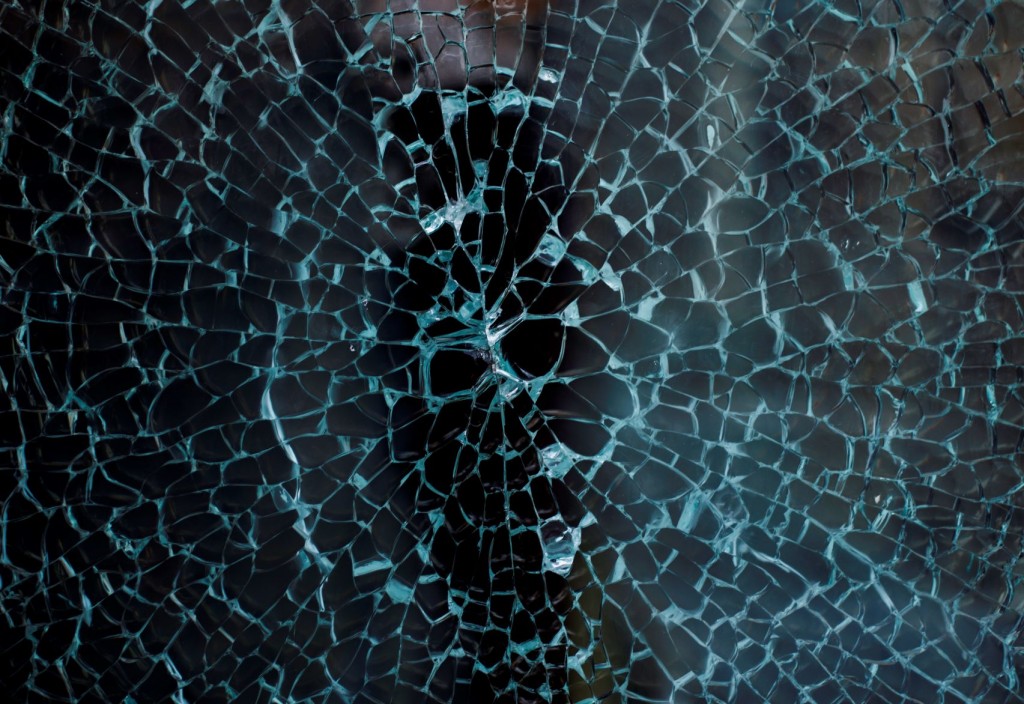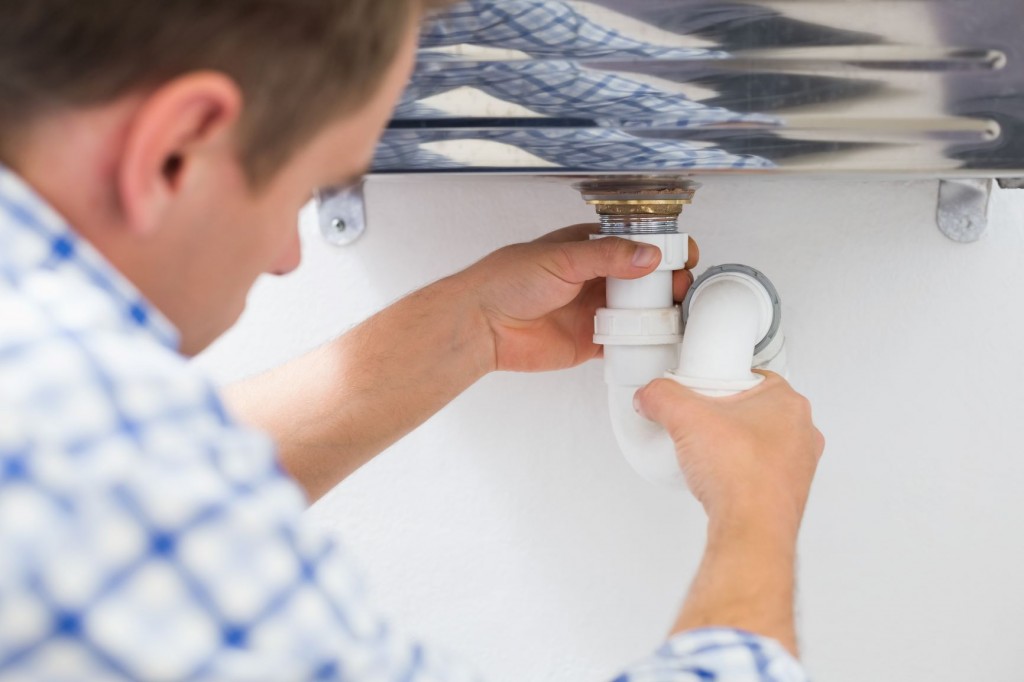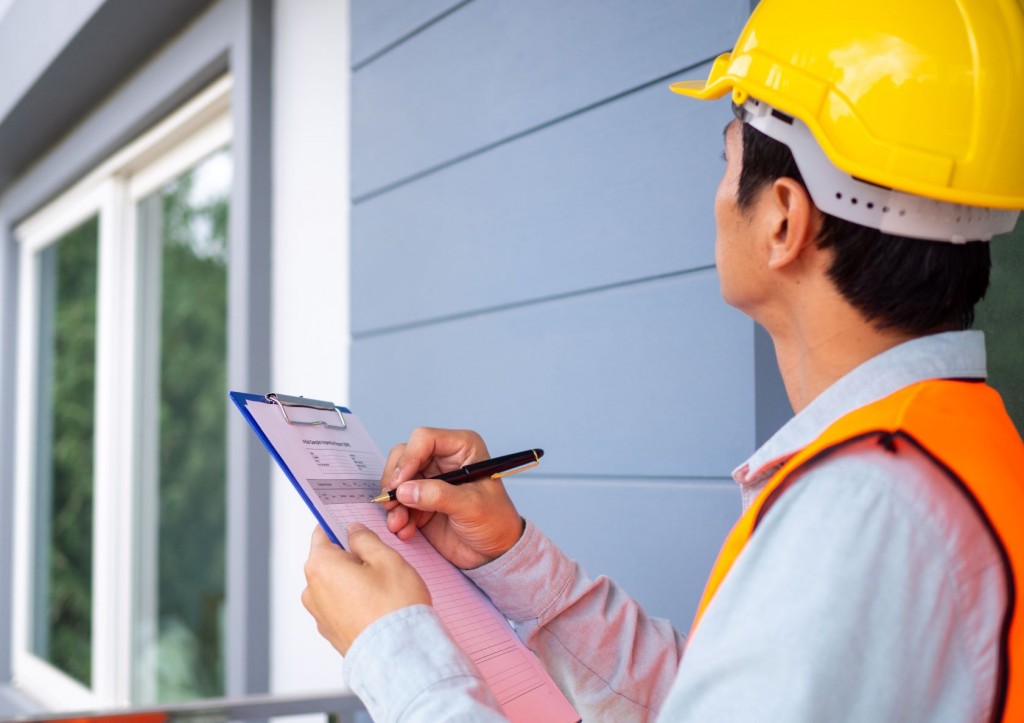That is the question: Whether you want to hire a professional to inspect your home
By Joseph Wong josephwong@thestar.com.my
So you have been given your keys to your own home after faithfully waiting for it to be completed, from the day you signed your Sales and Purchase (S&P) Agreement. The excitement of entering the premises for the first time is one of mixed feelings.
Happiness as you now have a place to truly call your own. Disappointment when you see that some specifications are not meeting your standards. Encouraged when you see the potential of the unit. Fear when you wonder about the hidden flaws. There is a whole mash of bottled up emotions waiting to spill out.
In the back of your head, you wonder if you should hire an independent inspection firm to take a look at your unit, after all, it is possibly the most expensive item you have bought to date.
Many first-time homebuyers lack the experience to know the importance of inspection, and more do not know where to begin or what to look out for.
Inspecting your new home
In the midst of that excitement of getting the keys, many first-timers will normally start renovating the unit so that they can move in or rent out the property as soon as possible.
But, buyers beware! Once you have started renovating the home and if you find any defects later, the developers will not take responsibility for it because the defects could arguably have been caused by the renovation works.
Therefore, homebuyers should inspect their houses first after they take possession of the property. Then worry about the renovation work later.
Many home buyers do not know it is the responsibility of the property developer to deliver the house on time and in accordance with the specifications and quality stated in the S&P agreement.
Liability period
Developers will have to repair any defect or fault in a new home as there is a defect liability period of 24 months.
The buyer needs to make a claim before the expiry of the defect liability period, which requires the developer to make good on any defect, shrinkage or faults in the home.
Hiring an inspection firm to examine a home will cost a few hundred ringgit, depending on the size of the property. The bigger the place, the more you have to pay.
Homebuyers can, of course, do it themselves but they lack the experience and might not know what to look for. The good news is that with a little knowledge, you can spot most defects. The hidden ones are a different matter.
Self-checks
In every home, there are several things you have to inspect – the floor, ceiling, walls, doors, windows and permanent fixtures. These are the things you can self-inspect. All you need is just a little patience, a keen eye and be unafraid to touch.
It is the same technique for the hallway, kitchen, dining area, living room, bathrooms, bedroom. Look at the finishings for cracks, damage or unevenness. A wet patch on the ceiling plaster means that there is a likely leakage between the actual ceiling and the plastered one.
Rolling marbles on tiles and listening to the sound differentiations means there are hollow spots under the tiles. Tapping the walls will also reveal the hollow areas if any.

A poor quality glass panel is likelier to crack especially when it gets the full brunt of the sun's heat.
Gaps are bad
There should be no gaps between the floor skirting and the flooring as this means uneven floors. Doors and windows should close firmly. Some doors and windows can be ill-fitted and they tend to wobble or worse, unable to close properly.
Also make sure that each window’s rubber seal is without gaps otherwise you might experience water leaking into your home during heavy downpours. Look for scratches or bubbles in the glass.
Switch on the taps
Run all taps and flush the toilets and look for signs of leakage. This includes the bidet as most homes are fitted with them now. If the wash or kitchen basins start pooling, there may be an issue with blocked pipes.
Pour a bucket of water in the shower area to see if the water flows into the drain and not pooling in one or two spots.
Most bare units do not come with lighting and unless you are an electrician, there is no telling if you have an electrical problem until you call in an electrician to fix up the lighting.
These are just some tricks you can use to self-inspect if you are unable to afford or want to save money on the inspection.
A more thorough job
Of course, a professional will be able to do a more thorough job especially when they employ equipment like a moisture meter to detect damp spots, an infra-gun to test of heat build-ups, or a multimeter to test electricity voltage.
But even then, it is not fool-proof. The inspection period could have been during a dry period so leakages resulting during heavy rains might not yet show until it happens or that the internal piping won’t leak until other residents start using them.
Moreover, a leakage could late happen because the unit above yours has a burst pipe, causing damage to your ceiling or the owner of the apartment next door causing damage to yours during his or her renovation works.
Ultimately, the question is to hire or not to hire the services of an inspection firm. For greater peace of mind, many would hire a professional. For others, they prefer not to know. This boils down to the individual buyer.
















































